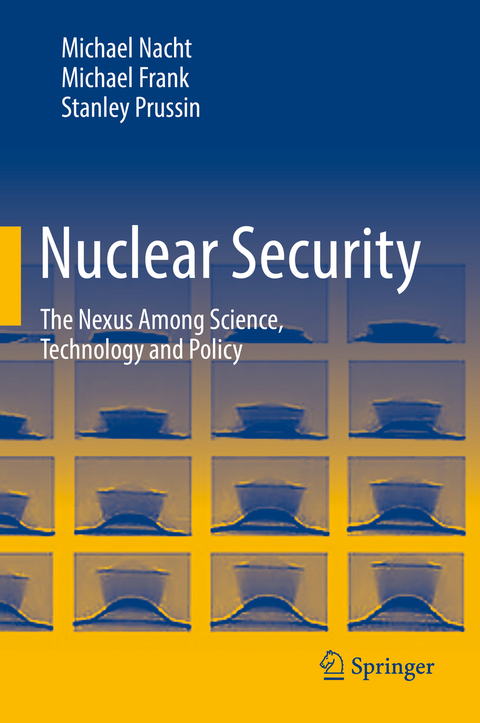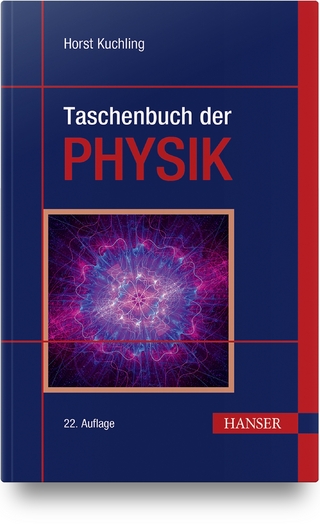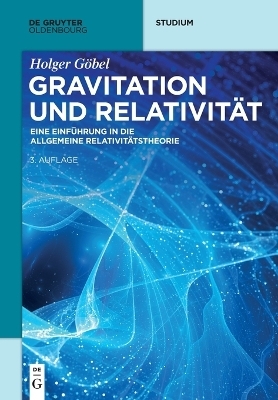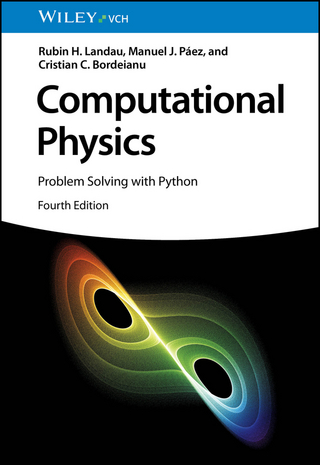
Nuclear Security
Springer International Publishing (Verlag)
978-3-030-75084-8 (ISBN)
lt;p>Michael Nacht is the Thomas and Alison Schneider Professor of Public Policy at the University of California, Berkeley. He is co-author and co-editor of Strategic Latency and World Power (Lawrence Livermore National Laboratory, 2014), the author of The Age of Vulnerability: Threats to the Nuclear Stalemate (Brookings, 1985) and more than eighty journal articles (in Foreign Affairs, Foreign Policy, Survival, Daedalus and others) and book chapters. He has twice served in US Senate-confirmed positions associated with nuclear weapons policy. He was Assistant Secretary of Defense for Global Strategic Affairs (2009-2010) for which he received the Distinguished Public Service Medal, the Department's highest civilian honor. Previously he was Assistant Director for Strategic and Eurasian Affairs of the US Arms Control and Disarmament Agency (1994-1997) for which he received the Distinguished Honor Award, the Agency's highest honor. He received a B.S. in Aeronautics and Astronautics and an M.S. in Operations Research from New York University and a Ph.D. in Political Science from Columbia University.
Michael Frank is a design physicist at the Lawrence Livermore National Laboratory who splits his time between work related to the nuclear weapons stockpile and countering nuclear terrorism. He worked previously for a decade on nuclear threat assessment and incident response. Dr. Frank received a B.S.E. in Aerospace Engineering from Princeton University, an M.P.P. from Harvard's Kennedy School of Government, and a Ph.D. in Nuclear Engineering from the University of California, Berkeley. He and Dr. Nacht have taught the course on which the book is based at the University of California, Berkeley.
Professor Stanley Prussin was a faculty member in the University of California, Berkeley Department of Nuclear Engineering from 1966-2015. For many years he taught the Department's courses in nuclear physics for applications and engineering science applications of nuclear medicine, among many others. His research interests were in low-energy nuclear physics and nuclear forensics, for which he was internationally noted. He received the Humboldt Senior Scientist Award, among many others. Professor Prussin received his B.S. degree in Chemistry from the Massachusetts Institute of Technology and his M.S. and Ph.D. in Chemistry from the University of Michigan. Professor Prussin helped conceptualize the proposed volume and drafted initial technical sections. He passed away from cancer in 2015.
Chapter 1: Early days.- Chapter 2: Postwar expansion (1946-1968).- Chapter 3: The problem of nuclear proliferation.- Chapter 4: Technical, political and strategic evolution of deterrence and arms control.- Chapter 5: Technical, political and strategic evolution of deterrence and arms control.- Chapter 6: The second nuclear age (1992- present).- Chapter 7: Contemporary issues.- Conclusion.
| Erscheinungsdatum | 21.11.2021 |
|---|---|
| Zusatzinfo | XVII, 340 p. 77 illus., 44 illus. in color. |
| Verlagsort | Cham |
| Sprache | englisch |
| Maße | 155 x 235 mm |
| Gewicht | 725 g |
| Themenwelt | Naturwissenschaften ► Physik / Astronomie |
| Technik ► Bauwesen | |
| Schlagworte | arms control measures • Atomic Energy Commission • climate change and nuclear war • closed fuel cycle policy • Nuclear Deterrence • nuclear detonation monitoring • Nuclear disarmament • nuclear enrichment • Nuclear Forensics • nuclear materials detection • nuclear proliferation • nuclear security textbook • nuclear stockpile stewardship • nuclear stockpile surveillance • nuclear weapons verification • pre- and post-detonation nuclear forensics • proliferation resistant policy • radiation detection • radiological terrorism • regional proliferation |
| ISBN-10 | 3-030-75084-1 / 3030750841 |
| ISBN-13 | 978-3-030-75084-8 / 9783030750848 |
| Zustand | Neuware |
| Informationen gemäß Produktsicherheitsverordnung (GPSR) | |
| Haben Sie eine Frage zum Produkt? |
aus dem Bereich


